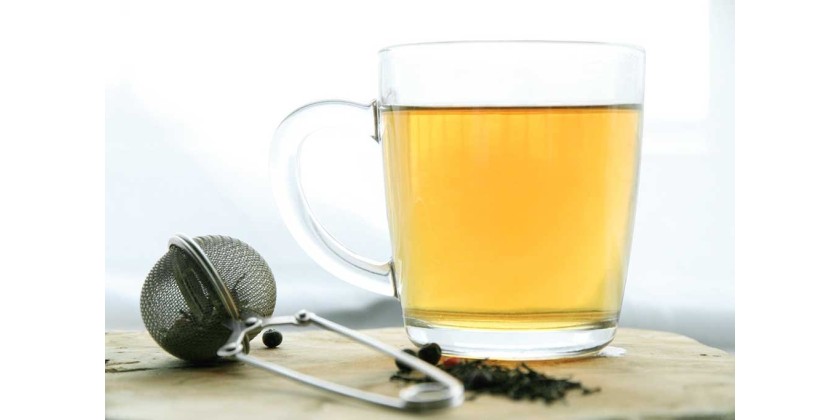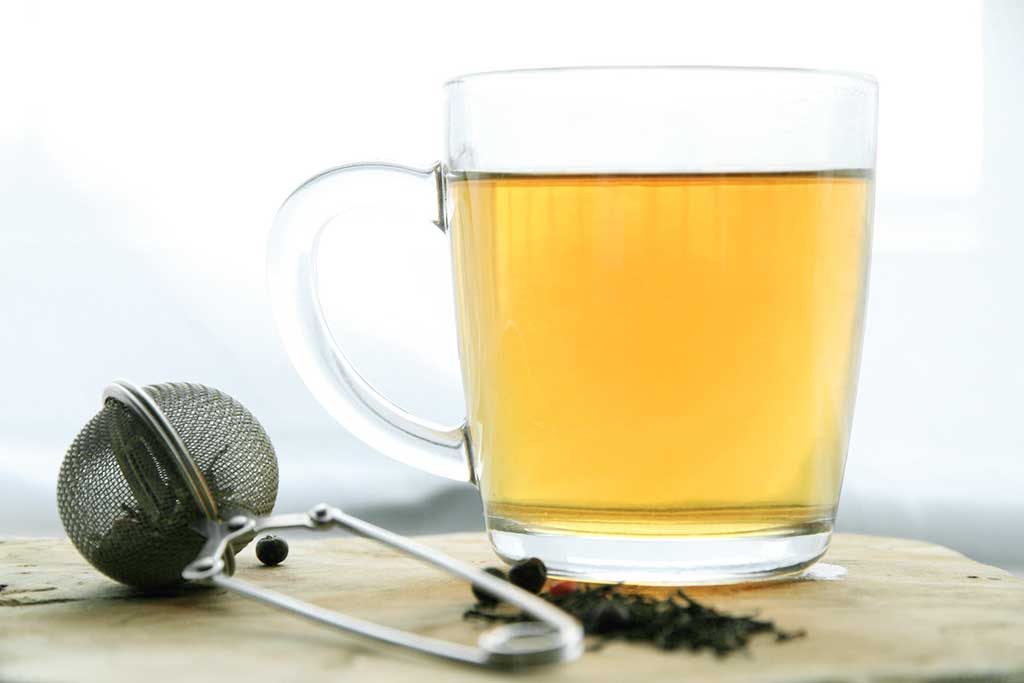
Caffeine can be both good and bad, and it has both visible and invisible effects. While some tea drinkers don’t count their cups, others keep away from even the smallest amounts of caffeine. What if you really like to drink green tea but want (or need) to avoid caffeine? Can you simply switch to a decaf tea and still enjoy the same benefits and flavor? Is decaf green tea good for you or should you avoid it?
Why drinking green tea in the first place?
Some of the main reasons tea drinkers like drinking tea are the flavor, freshness and potential health benefits. Green tea is rarely drunk purely for its energy boosting benefits, although all green teas contain caffeine. It’s a common understanding that black tea contains more caffeine than other types of tea. However, that isn’t necessarily the case. Caffeine content will not depend on the type, but on an entire set of factors – from the plant variety and growing conditions, to plucking style and processing, and even brewing techniques. Still, on average, it’s safe to say that black teas may contain more caffeine than green teas.
Read more: Caffeine in various tea types
But what makes green tea quite different from black tea is the processing technique. Black teas are oxidized, and green teas aren’t. It’s the oxidation process that changes the leaf color and tea compounds. That’s why green tea is rich in EGCG, a potent catechin that may provide a whole range of health benefits. Black tea is rich in antioxidants too, mainly theaflavins and thearubigins [1]. Black tea contains EGCG as well, but in much lower quantities [2]. If you want to drink tea for health, green tea may indeed be a better option.
But there’s a tricky part too – all green teas will be different. Without an analysis, it’s impossible to say how much caffeine or antioxidants each and every tea has. However, we can still make a good guess.

What is decaf green tea?
First, it’s important to distinguish between decaf and caffeine free teas. All caffeine free teas contain zero caffeine, and all decaf teas will contain at least some caffeine. This amount will still be quite low – usually only a few milligrams per cup.
Decaf green tea is a green tea that went through the process of decaffeination or removing caffeine from tea leaves. There are different decaffeination processes.
Green tea can de decaffeinated using:
- solvents such as methylene chloride or ethyl acetate
- CO2 method
- Water
Studies show there are other methods that could prove useful for decaffeination, but have yet to be explored further, such as using microorganisms or using activated carbon [3].
All these methods will remove high amounts of caffeine but will also remove a percentage of beneficial compounds too, including catechins and L-theanine. CO2 and water method are considered the healthiest options, but the water extraction may impact flavor and L-theanine content more than the CO2 method. On the other hand, using solvents may have some negative consequences, such as leaving toxic residues (methylene chloride) or adding a specific flavor (ethyl acetate) [4].
What makes decaf teas popular is that the tea will still have most of its antioxidants, but with a minimal amount of caffeine. If you want to enjoy a cup more or use more tea leaves to get a richer flavor, you won’t need to worry about caffeine too much.
Are there any alternatives to decaf green teas?
If you want to avoid decaf teas altogether, there are some alternatives you can consider:
1. Green teas with naturally low caffeine content if you prefer naturally processed teas
There are many green teas with a naturally low caffeine content. They are usually made from older mature tea leaves; they are often roasted and contain stalks. Green teas blended with other ingredients may also be a good choice. Using a teaspoon of green tea blended with other ingredients will provide less caffeine than a teaspoon of pure green tea leaves.
2. Green rooibos teas with no caffeine if you want to avoid all caffeine
Green rooibos tea has a very similar flavor to a mild and smooth green tea, but zero bitterness, lots of potential health benefits and it’s very easy to brew.
3. Cold brewing
Cold brewing a great way to brew tea if you want to extract antioxidants and enjoy a milder flavor profile with less caffeine. Besides, green tea tastes absolutely delicious when cold-brewed.
So, is decaf green tea good for you?
Decaf green tea can be as healthy as a regular caffeinated tea. This will depend on the decaffeination process, but teas today are generally decaffeinated using safe methods. Although a decaffeination process may remove some beneficial compounds, you can enjoy more cups of tea since you don’t need to worry about caffeine content. If the tea has been decaffeinated using safe methods and you like the flavor, studies show that there’s no need not to enjoy it. Keep in mind though, even a decaf tea will contain some caffeine.
Sources
[1] https://academic.oup.com/jn/article/132/4/785/4687401
[2] https://link.springer.com/article/10.1007/s12257-008-0034-3
[3] https://www.researchgate.net/publication/261550337_Caffeine_in_Green_Tea_Its_Removal_and_Isolation/
[4] https://www.researchgate.net/publication/261550337_Caffeine_in_Green_Tea_Its_Removal_and_Isolation/



Leave a Reply Cancel Reply